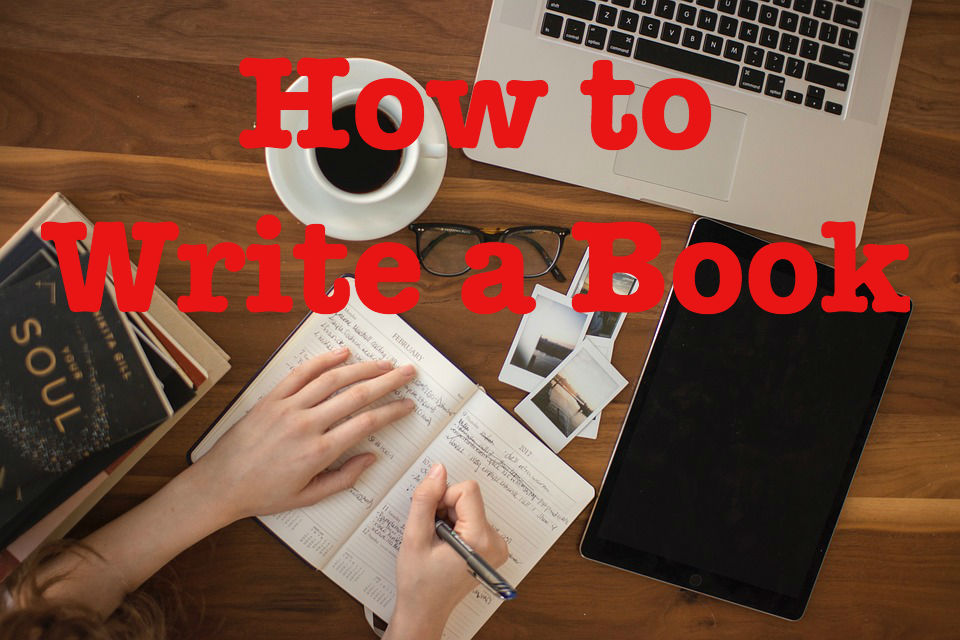
That’s a great motivational quote. Except it’s a lot easier to share it on social media than to internalize its meaning.
Rejection is a horrible experience, especially in the publishing business. To authors, their books are practically their children. For years, they brainstormed, wrote, revised, worried, cried, nearly chucked the drafts into the trash, and finally—finally!—felt confident to send it off to the world. Yet the world sends it back. It stings, especially for new writers entering the publishing game with big dreams and thin skin.
Frankly, after a rejection of my own, I’m not the mood to preach why rejection is a good thing and why writers should embrace it as a way of life. This post exists to validate the emotions of a publisher’s rejection. Like therapy, except free and more entertaining.




